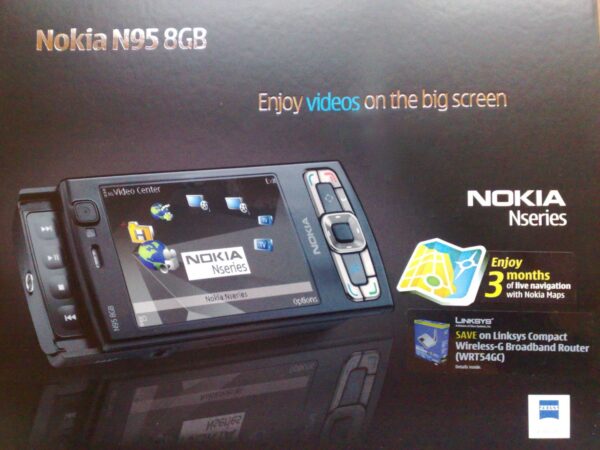The Nokia N95 8GB, N82 and N96 are all very similar to each other. It’s almost like they are the same phone packed into different shells. So feature-wise how are they different from each other? In my previous post, I mentioned that the main highlight of the N96 is its new DVB-H receiver capabilities and 16GB of internal flash memory.
Before we talk about their differences, let’s review a little on how the N95 8GB, N82 and N96 are mostly the same:
- Quadband, HSDPA with data rate up to 3.6Mbps
- 802.11b/g wireless LAN
- Bluetooth
- Intergated A-GPS receiver
- 5 megapixel camera with Carl Zeiss optics
- 30fps VGA video recording
- 3.5mm plug for stereo headphone, Nokia AV connector and TV out
Here’s a more detailed rundown of the differences between the N95 8GB, N82 and N96.
[TABLE=2] (Table missing)
You can see that the N96 is not an outright clear winner. Its battery life is considerably short, much like the original N95 which drew much criticism. Also, the N96’s dual LED flash seems like a step back from the N82’s xenon flash.
Then, there is no cover for the camera lens again! I wonder what is it with Nokia and their camera lens cover. The N95 had it, the N95 8GB did not; It came back with the N82, but now it’s not with the N96.
The N96 is encased inside a bigger version of the N81’s shell. It’s a 2-way slider and comes with a back stand that props up the phone so that you can comfortably watch videos on it. I suppose with DVB-H, Nokia expects the N96 to be used a lot for watching videos.
Specifications from Nokia’s Nseries website:
Someone has this interesting comparison of N96 vs iPhone.

